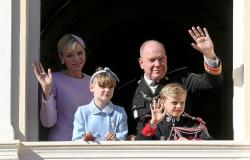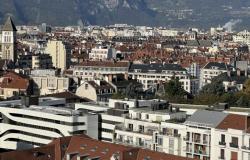Faced with successive crises and a loss of investor confidence, Nestlé is undertaking an ambitious reorganization under the direction of its new CEO, Laurent Freixe. The world leader in the food industry aims for sustainable organic growth while relying on clearly defined strategic axes.
Major reorganization for Nestlé waters and beverages
Since September 1, Laurent Freixe has been at the helm of Nestlé. With a market capitalization falling by 20% in one year, the Swiss giant has no choice but to adapt. During a seminar for investors, the new manager presented the “Accelerate Nestlé” plan, which provides for the autonomy of high-end water and beverage activities from January 2025. This new entity will be led by Muriel Lienau, current head of Nestlé Waters Europe.
Nestlé notably announced the exploration of partnerships to strengthen its flagship brands such as San Pellegrino, Perrier and Acqua Panna. This strategic move follows a trend that began in 2021, when the group sold its regional spring water brands in North America for 4 billion euros. In France, although accusations of illegal water treatment led to investigations and fines, the Epinal court closed proceedings against Nestlé Waters in October.
A strategy to win back markets
The main challenge for Laurent Freixe remains to return to stable organic growth. In July, the current CEO’s predecessor, Mark Schneider, lowered revenue growth forecasts to 3%, before these fell to 2% in October. This poor performance precipitated his ouster.
To reverse the trend, Nestlé is banking on increased investments in advertising and marketing, with an increase of 9% expected by the end of 2025. The group also hopes to achieve 2.5 billion Swiss francs in additional savings by 2027. “ We need to get back to basics and capitalize on our strengths “, declared Freixe, emphasizing the importance of focusing efforts on strategic brands according to the principle “fewer, bigger, better”.
The company is also embarking on an ambitious digital transformation, integrating artificial intelligence to optimize its operations in real time. Finally, sustainable development remains a key pillar of the plan, with initiatives aimed at minimizing the environmental impact of Nestlé’s activities.
Financial analysts welcome this plan with moderate optimism. Jean-Philippe Bertschy, of the Vontobel bank, welcomes the objectives “ realistic “, although they do not bring ” big surprises “. Zurich Cantonal Bank also believes that Freixe’s cautious approach meets investors’ expectations.






